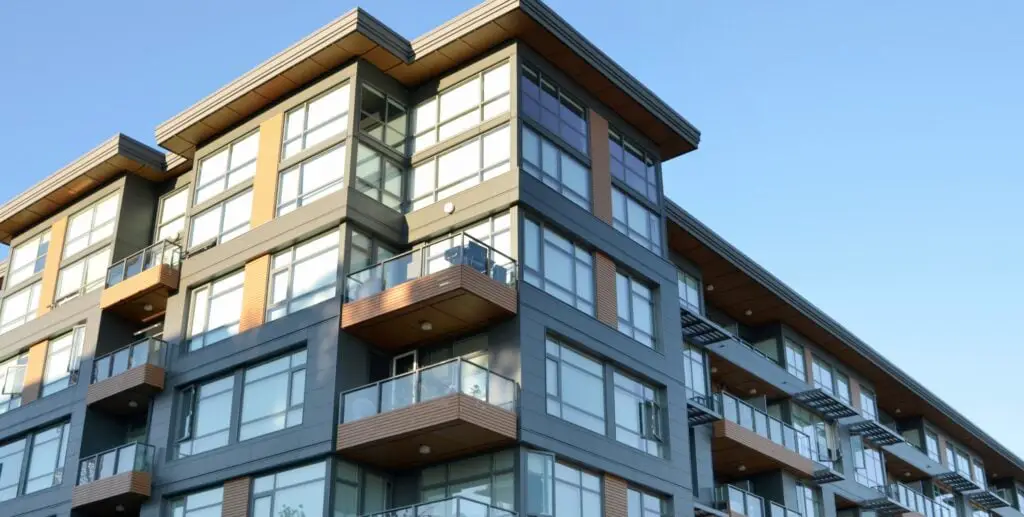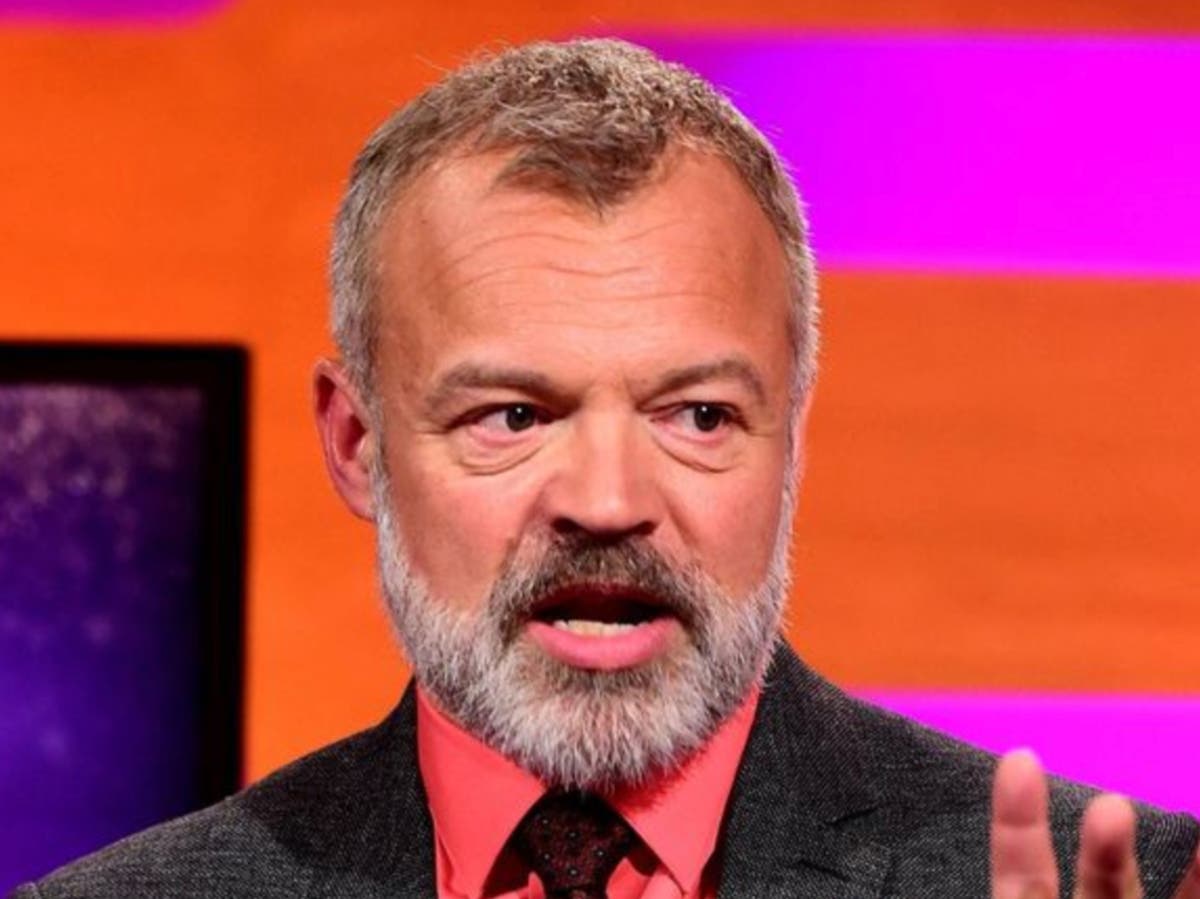On a sloping patch of sandy beach, the sun low but still warm and bright in the sky, my husband and I sit watching our sons playing in the waves. There are few other people around as they spin and jump, dive under the crests and try to bodysurf. Mostly they just wrestle each other in the bubbling foam.
The eldest is 13, so inevitably he and his 11-year-old brother play together less than they did, but they’re never as happy a double act as when they’re messing about in the ocean. Especially when the waves are punchy and powerful, as they are today in Montalivet, a small resort in the Gironde department, also known by its full name Vendays-Montalivet, on France’s Atlantic coast.
The soaring temperatures we’ve seen in Europe in recent years, caused by the climate crisis, have changed the way we approach summer holidays. Gone are the city and countryside breaks; now we’re solely about the coast, with lots of time in the water.
We’d travelled by train from London to Lesparre, changing in Paris and Bordeaux, then jumping in a taxi for the 30-minute ride to Montalivet and our campsite Atlantic Club Montalivet. Though we arrive in a heatwave (canicule as the French call it), the coast is thankfully cooler.
The Atlantic coast of Gironde stretches for 78 miles (126km) from Verdon-sur-Mer in the north to the Arcachon bay in the south. The beach feels wild and natural, with windswept coastal grasses and undulating sand dunes, discretely fenced off for their protection, backing on to high pine forests. An old, graffitied second world war bunker adds to the sense of remoteness, and it’s not a surprise to hear there is a naturist resort and beach nearby.
There’s a lifeguarded section right in front of the campsite, which is reassuring because the currents can be strong on this exposed stretch of beach. One local tells me it rarely gets completely flat here even in the height of summer – which, of course, means it’s great for surfing.
Most days we rent boards from Yann, who runs the Maya Surf School with his wife from a wooden beach shack. He advises us on the daily conditions and the best spots to surf for our level and is often in the water teaching, offering us useful technical tips in passing: “More weight on the front foot!” “Always look down the line!”.
The campsite has a good swimming pool (the boys loved the waterslides), football cage and table tennis tables, plus tennis, beach volleyball and boules courts. There are trampolines and pony rides for younger children and for adults, the wellness centre offers massages, a steam room and a sauna. Accommodation ranges from basic safari tents to three-bed lodges with covered decking; we stay in a mid-range mobile home.
Since 2019, this region has been designated the Médoc regional natural park. Unlike a national park, natural parks in France focus on preserving not just the unique landscapes but also heritage industries, which in Médoc means winegrowing and tourism, to boost sustainable economic development.
Local tourism operators are encouraged to discuss with their guests environmental issues that affect the region, such as marine plastic pollution from winter storms, and to suggest beach cleans or other positive contributions visitors can make, such as consuming regional products, using local service providers, and bringing refillable water bottles.
after newsletter promotion
The designation seems to be something local people are proud of. Our taxi driver raves about the area’s clear water and golden sand, its rare biodiversity – from butterflies, frogs, and squirrels to wild boars – and says he takes part in regular beach cleans in winter. The strict limits on building and industrial development in the region mean it’s unlikely to ever become too busy or spoilt, he adds.
It takes about 40 minutes to walk along the beach from the campsite to Montalivet-les-Bains, the small resort town. We usually rent bikes from the campsite though, picking up the Vélodyssée, the Atlantic Coast cycle route, before turning off on to the pine forest trails and the town’s pretty, quiet tree-lined back streets.
We buy fruit and veg from the open-air market, and amble around shops selling surf prints and linen hammocks. I enjoy browsing the books and sustainable clothing at The Green Room, and the boys drag us to the many excellent ice-cream shops. The town is bustling but not rammed, and though we hear a handful of English voices, most people we meet are French, German or Dutch.
The Zephyr Café is our favourite early evening cocktail and mocktail spot (the boys love the guacamole and chips), while dinners at Ocean 2, on the seafront strip, are all about the seafood risotto and burger and chips, with live bands playing at sunset on some nights. The Médoc wine selection at each place is as extensive as it is reasonable.
One day, when the weather cools to the high 20s, we take a longer ride along the Vélodyssée to Soulac-sur-Mer, a bigger resort town about 15 miles (24km) north. The route is mostly flat and we cycle through forests and past picturesque empty beaches. Yann, at the surf school, recommended we swim in Soulac’s natural sea pools, where concrete breakwaters designed to stop coastal erosion allow for calm swimming, even when the sea is churning. It’s an excellent shout: they are terrific, sheltered from the waves and very peaceful, with just the odd couple doing lengths and a dog having a dip.
Back at our local beach we find our usual spot and sit watching the kids playing until the lifeguards pack up and we move up to the bar to watch the sunset. European summer holiday options may become more complicated as the climate changes, but for our beach-loving family there is still plenty of joy to be found.





